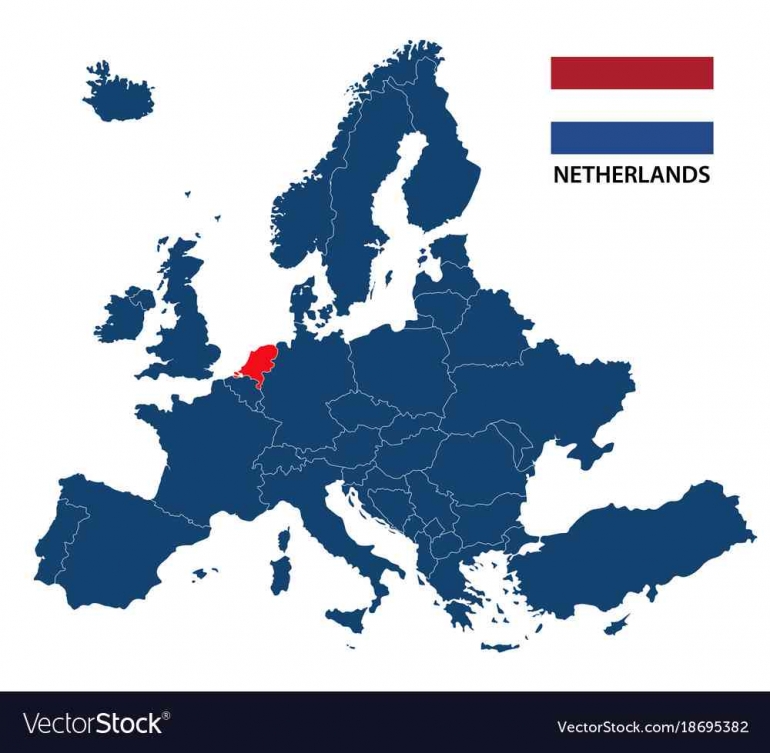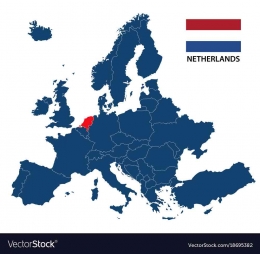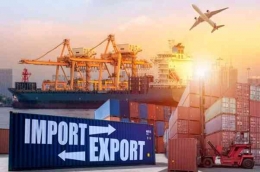1. Vegetable fats and oils or oils and their breakdown products; Edible fats; Animals.
2. Other Chemical Products
3. Organic chemicals
4. Residues and waste from the food industry; Prepared animal feed
5. Wood and wooden goods; wood charcoal
6. Tin and its articles
7. Footwear, foot protectors and the like; part of such articles
8. Rubber and its articles
9. Cocoa and cocoa preparation
10. Furniture; beds, mattresses, mattress supports, pillows and similar doll furniture.
Why is it important to understand Export Regulations?
A good understanding of export regulations to the Netherlands is essential for many reasons:
- Legal Compliance
Understanding export regulations is a legal obligation. Violations of export regulations can result in sanctions, fines, and even serious legal consequences. Therefore, it is important to comply with the regulations to avoid legal problems.
- Export Facilitation
Understanding export regulations helps facilitate the export process. This can help you avoid bureaucratic obstacles that can hinder the flow of goods to the Netherlands and other European markets.
- Optimizing Costs
Understanding export regulations can help you optimize export costs. With good knowledge of customs duties, VAT and other trade regulations, you can avoid unnecessary additional costs.
- Reduced Risks
With a good understanding of export regulations, you can reduce business risks. You can avoid mistakes that could harm your company's reputation and reduce the risk of crises related to legal compliance.
- Unlock Opportunities
A good understanding of export regulations can also help you identify new trade opportunities and take advantage of them. This can help expand your business and reach a wider market.
- Building Strong Business Relationships
By complying with export regulations, you can build strong and mutually beneficial business relationships with your business partners in the Netherlands. Trust is a key element in international trade, and complying with regulations is an important step in building trust.
- Supports Long-Term Business Growth
Understanding export regulations is important for long-term business growth. This helps you ensure the continuity of your business in the Dutch market and reduces the risk of disruptions that could harm your business
- Increasing Competitiveness
In a competitive global trade environment, understanding export regulations can provide a competitive advantage. Companies that comply with regulations and understand the export process well can compete more effectively.









